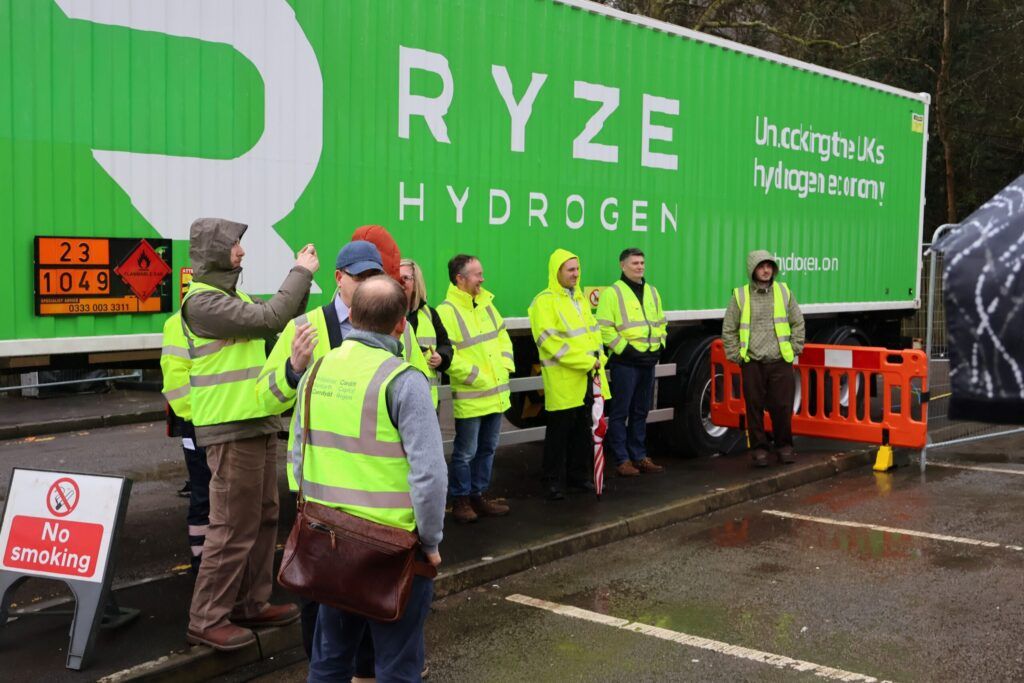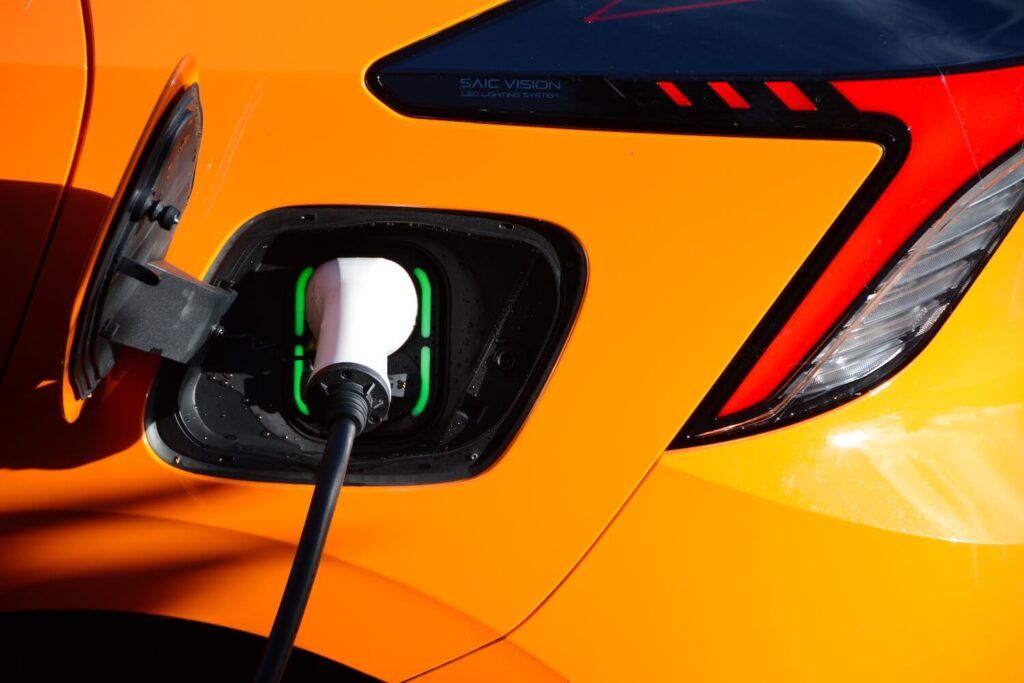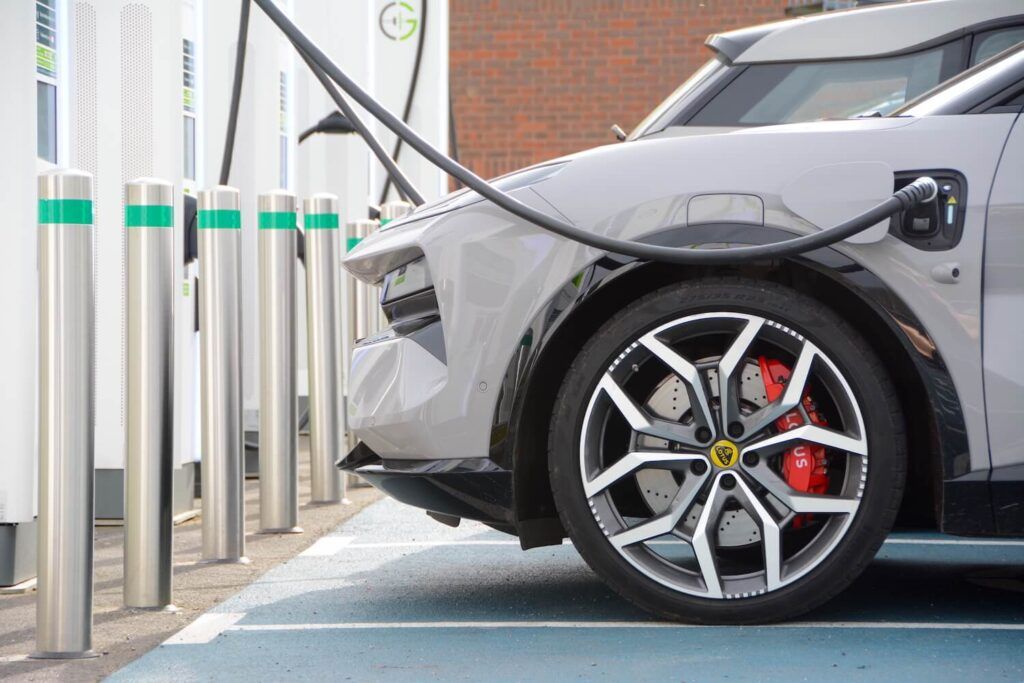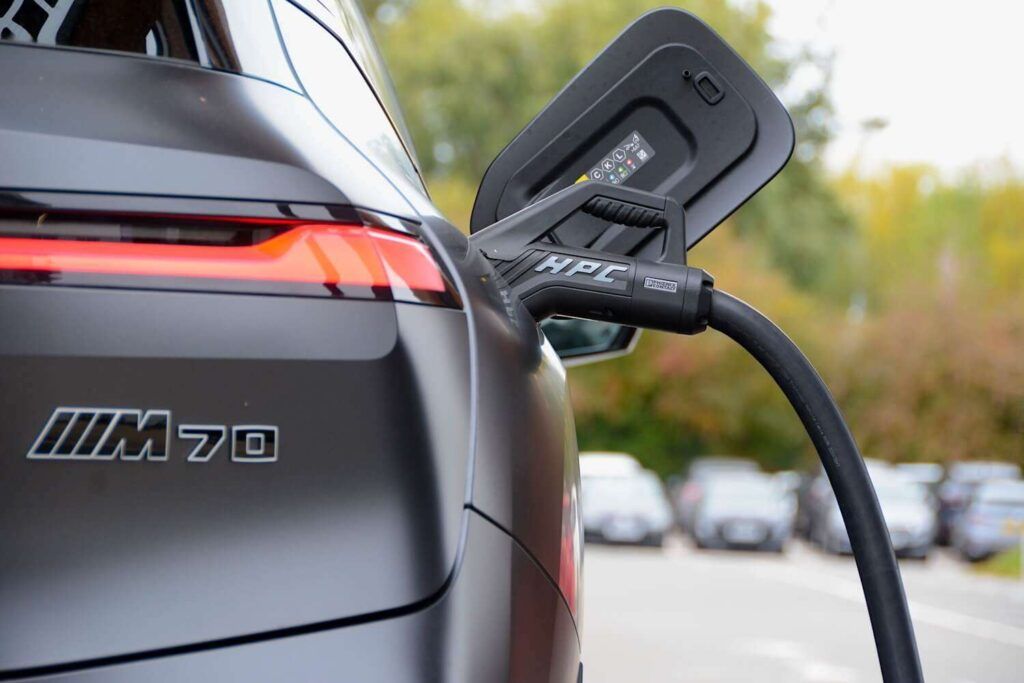Some fleet operators are starting to “take hydrogen seriously” as a fuel option because of issues they have encountered in operating electric vans, according to the Association of Fleet Professionals (AFP).
Paul Hollick, chair at AFP, claimed the forthcoming arrival of the Vauxhall Vivaro-e Hydrogen – a practical hydrogen-powered panel van available in quantity in the UK – was providing fleets with the potential opportunity to follow a multi-fuel, zero emissions strategy.
Hollick said hydrogen was often seen as the “five years from now” solution for zero emissions, and the promise it presents “never quite materialises”. But that has now changed, although challenges remain.
He said: ‘Now, however, we are seeing a handful of fleet managers – all van operators – start to take hydrogen seriously.
“This doesn’t mean that the many complications surrounding hydrogen have gone away. For example, clean production of the fuel – known as green hydrogen – remains expensive while there are probably fewer than 15 public stations across the UK. These facts in themselves present fleets with some very real, day-to-day problems to solve.”
The move towards hydrogen was also largely being prompted by the difficulties surrounding the adoption of electric vans in their current form, Hollick added.
He said: “Some fleets in some applications are finding that the range and payload of the electric vans available so far remain unsuitable for their needs. There are also operational issues ranging from poor towing ability through to practical difficulties such as charging out of hours. Against this backdrop, especially for businesses with strict zero emissions corporate targets, hydrogen looks like an option worth trying.”
Hollick added that the development was being fuelled by almost a single vehicle, the Vauxhall Vivaro-e Hydrogen, which has a 249-mile range and can be refuelled in three minutes.
But fleets adopting them would face several hurdles, such as finding fuel pumps, and probably requiring the construction of their own hydrogen bunkering facilities to ensure supply, as well as the issue of the price of hydrogen.
Hollick concluded: “In addition to these issues, residual values are basically an unknown. Remarketing a vehicle for which there is effectively no refuelling infrastructure is always going to be difficult. It’s worth bearing in mind here the experience of Swindon, which had two hydrogen filling stations a few years ago, leading to local fleets dipping a toe in the water with available hydrogen cars. Both closed and those fleets were effectively left with nowhere to go.”
Really, to become a serious national option in the UK, hydrogen needs substantial government backing similar to the kind seen in Germany, Paul added.
“That means both support for the purchase of new vehicles and the creation of a viable national network of green hydrogen stations. Our view is that when it comes to early adoption, as with electric vehicles, production availability and technology tends to follow the places where there are incentives. However, that just doesn’t look like it’s happening in the UK in any meaningful way, certainly under the current government.
“Until then, we’ll be watching the few fleets that are actively adopting hydrogen with a high degree of interest. Some of the most prominent are AFP members and we hope to share their experiences and their developing best practice over the coming months and years.”












